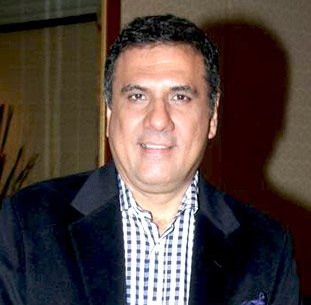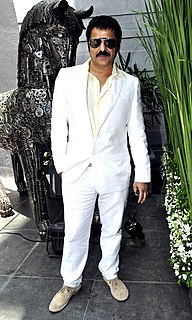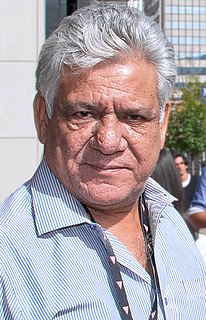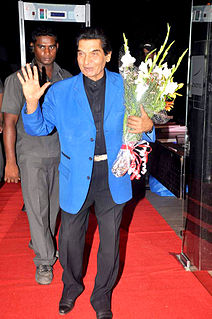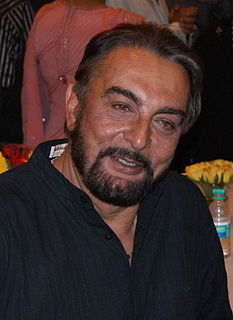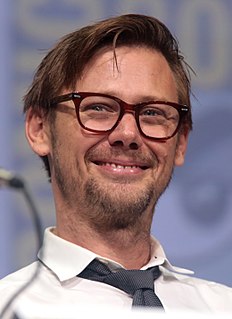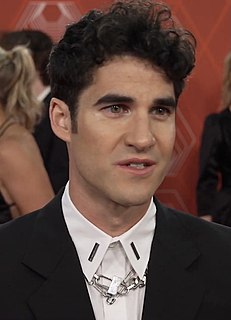A Quote by Padmapriya Janakiraman
I am basically a theatre artiste. However, after stepping into cinema, I did not get much opportunity to act in plays.
Related Quotes
Before I worked on film, I studied the theatre, and I expected that I would spend my whole career in theatre. Gradually, I started writing for the cinema. However, I feel grateful towards the theatre. I love working with spectators, and I love this experience with the theatre, and I like theatre culture.
Compare the cinema with theatre. Both are dramatic arts. Theatre brings actors before a public and every night during the season they re-enact the same drama. Deep in the nature of theatre is a sense of ritual. The cinema, by contrast, transports its audience individually, singly, out of the theatre towards the unknown.
After gaining the incredible platform from 'Glee,' it wasn't so much of a decision to get involved as it was an opportunity to take part. I'll be honest, I'm not so much into the idea of one cause being more important than another; however, I felt that the Trevor Project was a perfect fit for my efforts. It stands for a lot of things that I believe in, as well as falls in line with much of what 'Glee' stands for.
Feudal societies don't create great cinema; we have great theatre. The egalitarian societies create great cinema. The Americans, the French. Because equality is sort of what the cinema deals with. It deals with stories which don't fall into 'Everybody in their place and who's who,' and all that. But the theatre's full of that.

